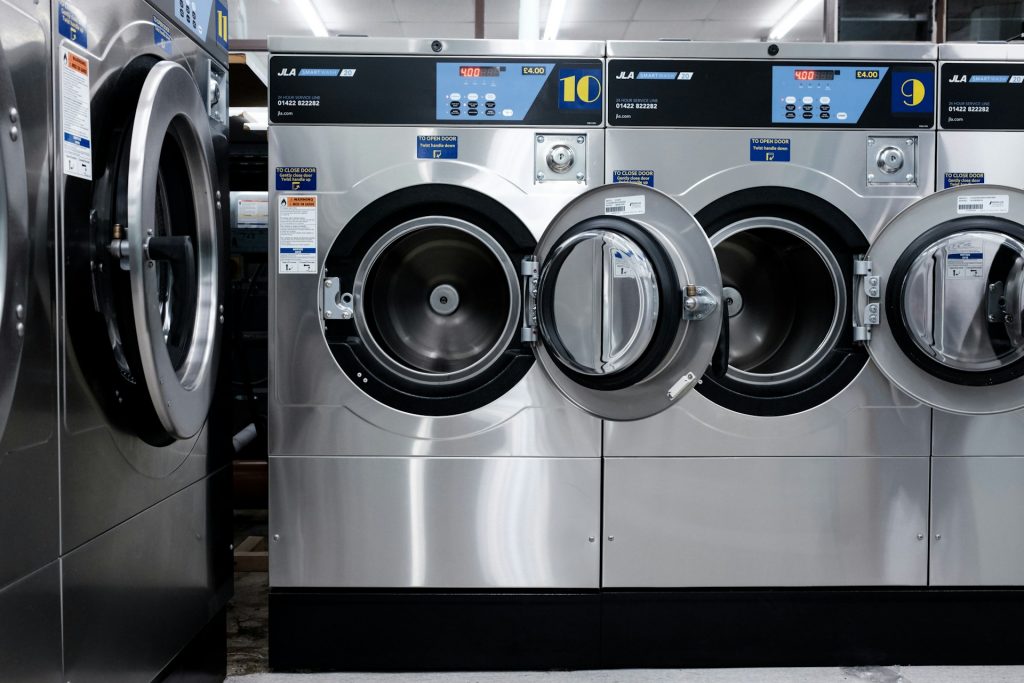Orders for durable goods in the US, items intended to last for three years or more, from toasters to aircraft, took a significant hit last month, marking the most substantial decline in nearly four years this January. Simultaneously, business investment in equipment seems to have softened, indicating that the economy began the year on a weaker note.
Concerns about the future of the economy, particularly the job market, along with the impending presidential election, have been at the forefront of consumers’ minds in February, leading to a dip in confidence after three consecutive months of gains. This retreat in consumer confidence, as reported by the Conference Board on Tuesday, comes even as inflation expectations for the next 12 months dropped to their lowest in almost four years.
These findings are part of a series of disappointing data, including figures on retail sales, housing starts, and manufacturing output. Some of this downturn has been attributed to the freezing temperatures experienced last month and the challenges in adjusting data for seasonal variations at the year’s outset. However, economists are not predicting a recession for this year. “Business capital expenditure plants the seeds for future economic growth as these investments allow companies to enhance their capacity to meet future demand for their products and services,” said Christopher Rupkey, chief economist at FWDBONDS in New York. “Although economists have dialed back their recession alarms, business leaders on the front lines remain uncertain about the economic outlook.”
Durable goods orders plunged 6.1% last month, primarily due to a significant drop in commercial aircraft bookings, according to the Commerce Department’s Census Bureau. This decline is the most pronounced since April 2020 when the economy was grappling with the initial COVID-19 infection wave. The data for December was also revised down, showing a 0.3% drop in orders instead of remaining unchanged as previously reported.
